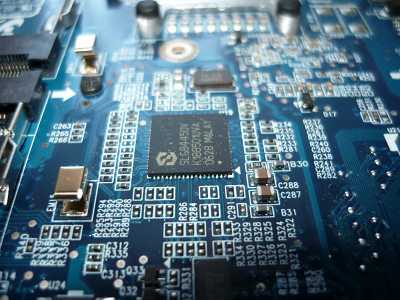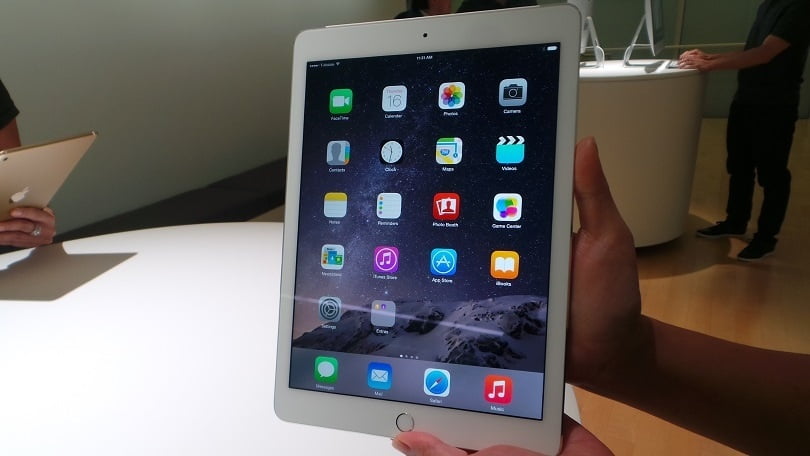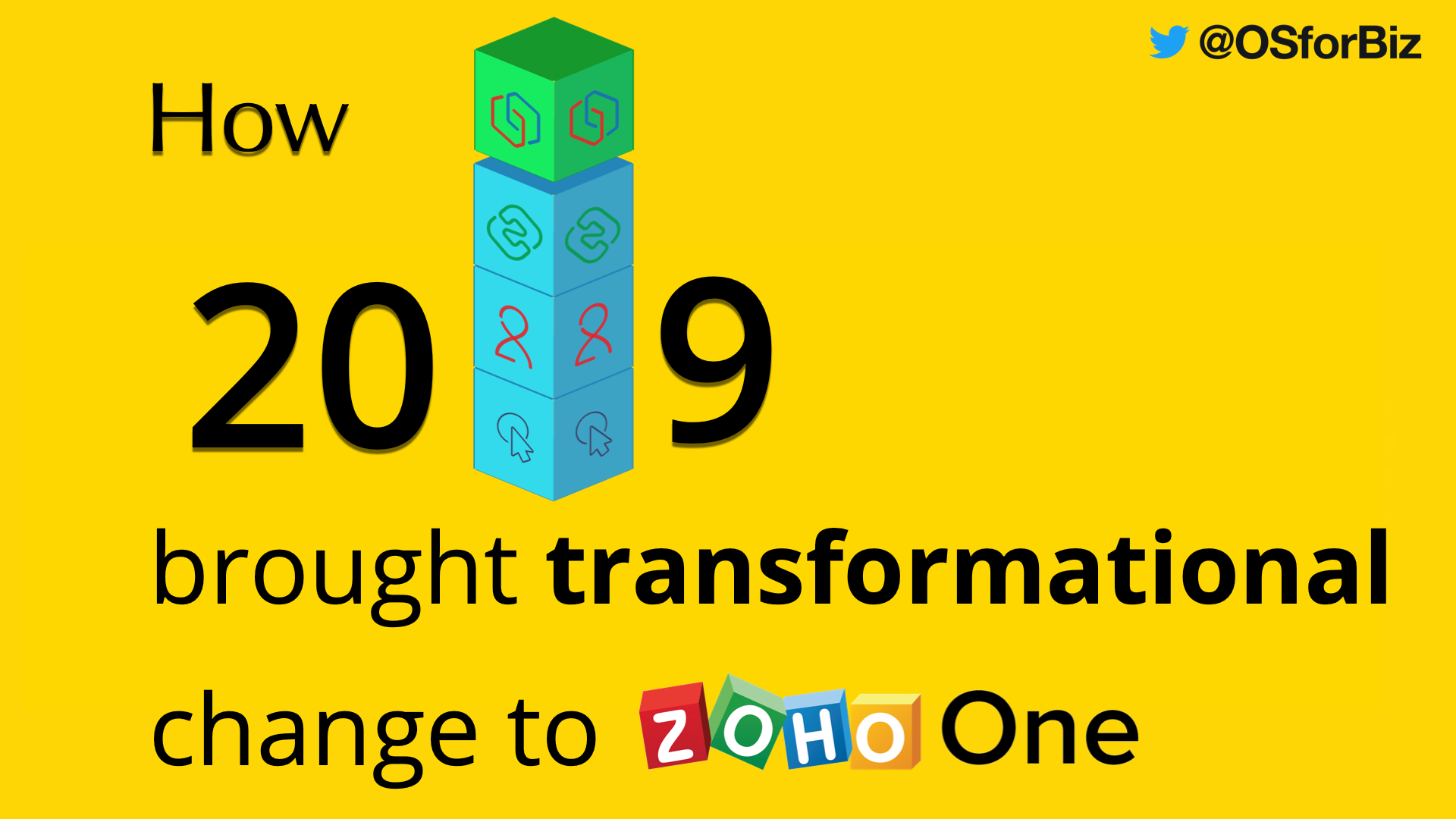

The future of computing centers on the operating system. So does its past. That is the message of an interesting article featured on Gizmodo today.
The operating system of a computing device is the software that helps the device support the applications that run on it. The most popular operating systems are Windows, Linux / Unix, OSX, iOS, ChromeOS, and Android. Some of these operating systems, like Windows, Linux, and OSX, run primarily on traditional computers, while others run on phones and tablets. All operating systems manage memory, communications, disk usage, power consumption, audio and video, communication with peripherals such as printers and bluetooth headsets, input devices, and the behavior of concurrently running applications. The operating system is centrally important to creating a pleasant and productive user experience for the user, so much so that users often choose their computing devices based on the operating system they run.
Today’s tech giants have adopted markedly different strategies in developing their product lines and services, and their approaches have evolved over time. Save for a few attempts to get into the hardware market, Microsoft has primarily focused on making its Windows operating system the dominant one for personal computers. They have tried, with very limited success, to extend windows to smart phones, and they have seen some promising but muted success in transitioning Windows to a touch-based interface that runs well on slick hardware such as its Surface Pro 3 tablet. The essence of Microsoft’s approach, however, has long been to develop and market its operating system and the applications that run on it.
Recently, however, Microsoft tweaked its strategy in a very intriguing way. They have created a mobile version of Microsoft Office that runs on all the popular mobile operating systems, including Google’s Android and Apple’s iOS, the operating systems created by Microsoft’s fiercest competitors. I see this as a sign that Microsoft has rediscovered its roots as a software company, while at the same time acknowledging that it might not be able or well-advised to push its Windows operating system onto others’ hardware. In other words, they have refocused their investment in software development, but shifted that focus to developing applications rather than the operating system. Even the much ballyhooed upcoming release of Windows 10 suggests this shift in focus to the application. Microsoft is touting Windows 10 as the “last version of Windows“, because Windows 10 is meant to run as a service, which means that its numerous components will be independently upgradeable, just like an individual software application would be. In other words, its operating system seems to be evolving more into a suite of applications.
So, if Microsoft is now primarily a software application company, what are Google and Apple these days? Apple is very clearly a hardware company. Apple wants you to buy its devices, and its future depends on consumers doing just that. They limit their operating systems to run on their devices, because they make tons of money on their hardware. OSX will run only on an Apple-made Mac; iOS will run only on an Apple-made iPad or iPhone. There are no other device manufacturers who can run an Apple-made operating system. This is by design. Apple’s lifeblood is its hardware, and they are not about to give anyone a reason to buy someone else’s devices by offering its operating systems on other platforms.
And then there is Google. Whereas Microsoft is now a software applications company, and Apple is a hardware company, Google has become the operating system company. Google’s Android and ChromeOS operating systems were designed to run on lots of different devices, including devices that don’t even interact with humans but instead communicate with other devices as part of networks. Because of this focus on the operating system, Google is wiring itself quite smartly into the Internet of Things, an exciting tech direction that seeks to create a network of autonomous devices to respond to their owners’ needs and to their environment. Google doesn’t care about the kind of device or who makes it. They just want their operating system to run on it. Because Google’s operating systems depend so strongly on the network rather than the device, they enable lots of intriguing opportunities to tie diverse data sources together to generate rich, actionable information. That results in opportunities to make all sorts of processes more feature-rich, responsive, and efficient, even those that have not traditionally been considered computer-centric processes. For example, driverless cars will depend on networks of roadside sensors. Google’s hardware agnosticism has positioned it extremely well to power that kind of application. Apple’s device focus would mean all roadways would have to be iRoadways, which is very unlikely to happen.
Who will win out? I find Apple’s focus on hardware to be short-sighted. Non-traditional computing devices will quickly outnumber traditional, consumer-focused ones, including desktops, laptops, phones, and tablets. If Apple continues to focus on the device, they might win the hearts and money of consumers for a while, but they will completely whiff on the big-ticket embedded computer opportunities smart appliances and infrastructure upgrades will offer. Google’s operating systems, meanwhile, will easily enable all sorts of networked computing applications to happen. And Microsoft’s applications, able to run on all consumer devices, will give them a valuable presence on all platforms, even Apple’s. Despite its long track record of innovation and resilience, I don’t believe Apple’s hardware focus is the right one for the road ahead. In today’s extremely heterogeneous computing environment, it’s all about the operating system, and Google appears to have that covered.
[“source=lewisu”]





